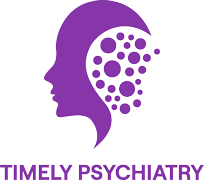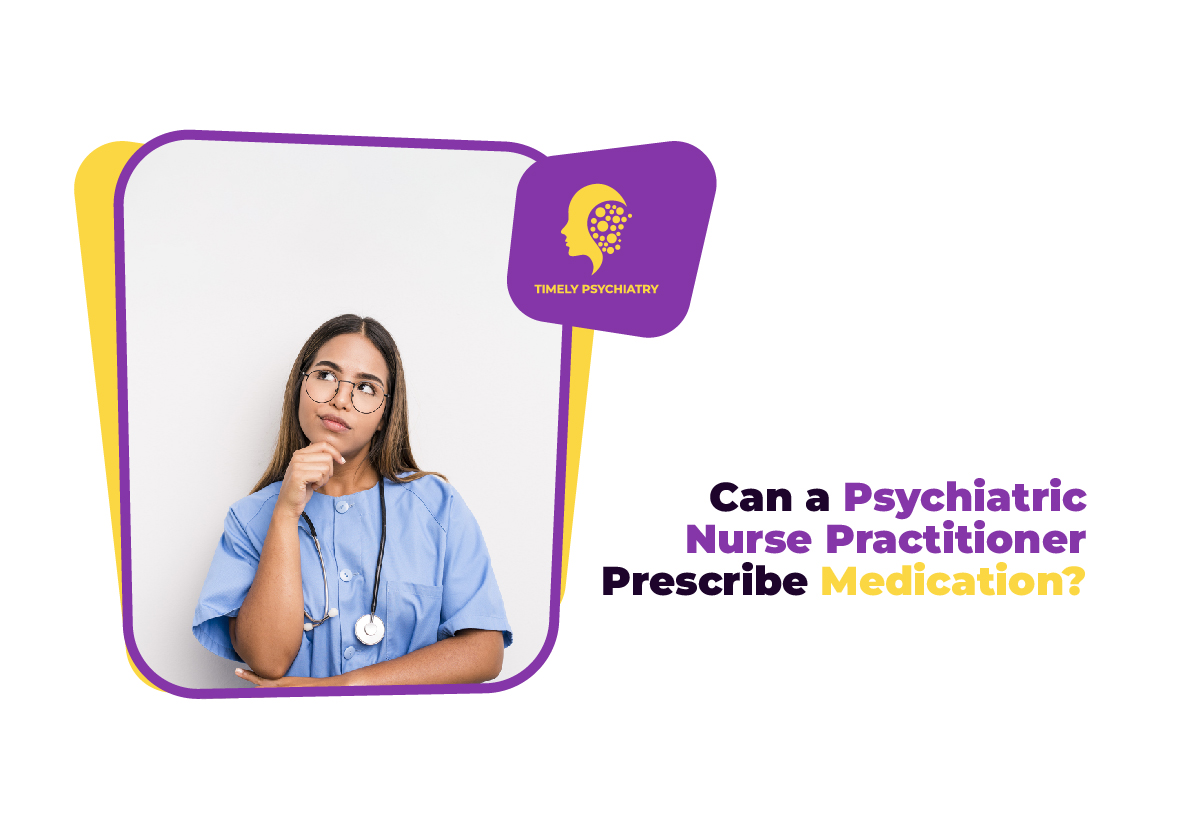Are you looking for a mental health professional?
Psychiatric nurse practitioners are reliable, professional, and trained to provide excellent psychiatric care and treatment.
This guide explains everything you need to know about psychiatric nurse practitioners.
You’re thinking about seeing a mental health professional, which is excellent!
You will likely encounter a psychiatric nurse practitioner (NP) during your search.
Psychiatric NPs are fully trained to meet your mental health needs. Their scope of practice and working conditions are similar to those of a psychiatrist.
Psychiatric nurse practitioners counsel patients, assist with crisis management, develop treatment plans, and prescribe medication as needed.
To learn more about the Nurse practitioner, you may contact us at Timely Psychiatry.
What Is a Psychiatric Nurse Practitioner?
Psychiatric nurse practitioners (NPs) are advanced practice registered nurses.
APRN refers to board-certified nurses with master’s or doctoral degrees in nursing.
APRNs specializing in psychiatric nursing are also known as psychiatric mental health nurse practitioners (PMHNP).
PMHNPs’ primary goal is to assess, diagnose, and treat patients with mental health disorders while providing a safe and confidential environment for them.
Contact us to choose a suitable option and make an appropriate recommendation.
Can A Psychiatric Nurse Practitioner Prescribe Medicine?
Yes, a psychiatric nurse practitioner can prescribe medicine.
PMHNPs are highly skilled at providing psychiatric care and treatment.
They see their patients regularly, as psychiatrists and other mental health professionals do.
Twenty-one states allow PMHNPs to practice independently.
PMHNPs’ services include:
- Patient care
- Psychotherapy
- Counseling and treatment
- Providing preventative care
- Coordinating care
- Prescribing medication
- Medical procedures such as transcranial magnetic stimulation
How Do You Address a Nurse Practitioner?
Nurse practitioners (NPs) have advanced degrees and play an essential role in healthcare delivery.
Thus, how should you approach them? How do you refer to a nurse practitioner?
Formal Settings: In a formal setting, you can address a nurse practitioner using their full title. For example: “Nurse Practitioner [Last Name].” This is similar to addressing a doctor or other professional by job title.
While searching for the “nurse practitioners near me”, select the option that suits you the most.
What Are the Job Duties for Each Role?
A psychiatric nurse practitioner’s duties are very similar to those of a psychiatrist.
Both collaborate closely with patients to develop treatment strategies for mental health issues.
Widespread job duties for both are:
- Obtain medical histories from patients
- Conduct psychological evaluations
- Identify risk factors for a patient’s mental health
- Prascribe the medicine that fits the most according to t the needs
- Spread the awareness
What is the Level of Education Required for Each Role?
A psychiatrist must have a medical degree, local state certification, and have completed an internship before practicing.
A program for earning an MSN allows students to take advanced-practice classes focused on psychiatric mental health studies. These courses could cover topics such as:
- People psychotherapy
- Family therapy
- Psychopharmacology
- Advanced inspection for psychiatric conditions
Additional Resources:
Conclusion
Nurse practitioners use advanced clinical training to diagnose and treat health problems.
They carry many of the same responsibilities as doctors.
NPs also concentrate on disease prevention.
They also assist people in adopting a healthy lifestyle.
FAQs
Can a mental health nurse diagnose?
As you move through your career, advanced skills can be developed, and you may wish to train as an Advanced Nurse Practitioner, allowing you to work autonomously to assess, diagnose, and treat mental health illness.
What are the duties of a psychiatric nurse?
- Administers and notes reactions to psychotropic drugs and other medications.
- Arrange further medical attention when necessary.
- Assists the client in understanding the nature of emotional disturbances and accepting the need for treatment.
- Assists in maintaining a safe and secure environment for staff and patients.
What is the most complex mental illness to treat?
Borderline personality disorder historically has been viewed as hard to treat.
However, with newer, evidence-based treatment, many people with this disorder experience fewer and less severe symptoms, improved functioning, and better quality of life.

